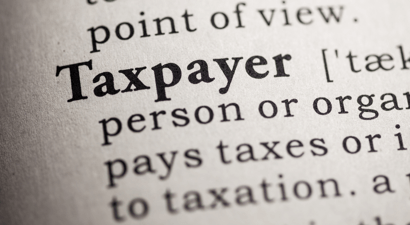Expatriate Employees and VAT Registration Liability
South African VAT legislation stipulates that the following such person is required to register as a VAT vendor in South Africa:
Any person who carries on any enterprise or activity continuously or regularly in S.A. or partly in S.A. in the course or furtherance of which goods or services are supplied to any other person for a consideration, and where the total value of taxable supplies made by that person exceeds R1 million in a 12-month period.
For some time now, foreign companies have been seconding or making available employees to South African companies to perform/provide services. Typically, the employees would remain employees of the foreign company and, as such, would still receive their salaries from the foreign company. The SA Company will then typically in turn pay a fee to the foreign company.
Adequate attention has not always been given to the VAT implications underpinning this relationship.
It is important to note that the secondment of expatriate employees by a foreign company to a South African company could result in that foreign company carrying on an enterprise in South Africa for VAT purposes. Consequently, the foreign company could be required to register for VAT in South Africa, where the value of the fees charged to the South African company exceeds the R1 million per year threshold.
The most common of the secondment arrangements are those where the foreign company pays its employees’ salaries and then recovers the salaries and other costs from the South African company. This recovery, which sometimes includes a so-called mark-up, could be considered as ”fees” charged by the foreign company for the services provided by the expatriate employees to the South African company.
The following must inter alia be considered when determining whether or not the foreign company in these circumstances is liable to VAT registration:
Supply of services as part of an enterprise
Where a foreign company with expatriate employees seconds its employees to provide services to the South African Company, the foreign company could be viewed as supplying services to the South African Company.
Certain activities, for example, the rendering of a supply by an employee to an employer is excluded from the definition of enterprise. This could extend to, for example, labour broking activities of a natural person or services rendered by personal service providers as contemplated for employees’ tax purposes.
Continuously and regularly
Depending on the length and frequency of the secondment, the services could be regarded as being supplied regularly and continuous by the foreign company.
Consideration
The recovery of the salaries and any other costs could be viewed as a consideration that the foreign company receives for the supply of services.
VAT registration threshold
Where the ”fees” (recovery of the salaries together with other costs) exceed R1 million in a 12-month period, the foreign company will be obliged to register for VAT in SA and will be liable to levy VAT on the supply of the services it provides i.e. charge VAT at 14% on the fees that it charges. The foreign company must then declare the VAT it would have charged on the fees to SARS.
The biggest concern is the fact that SARS can require the registration to be retrospective and make the registration be effective from the time the foreign company met all the requirements discussed above. SARS would generally not be allowed to effect registration for more than five years ago.
Careful consideration must be given to the relationship discussed above, as it has an impact not only on your VAT status, but also your international tax affairs.





